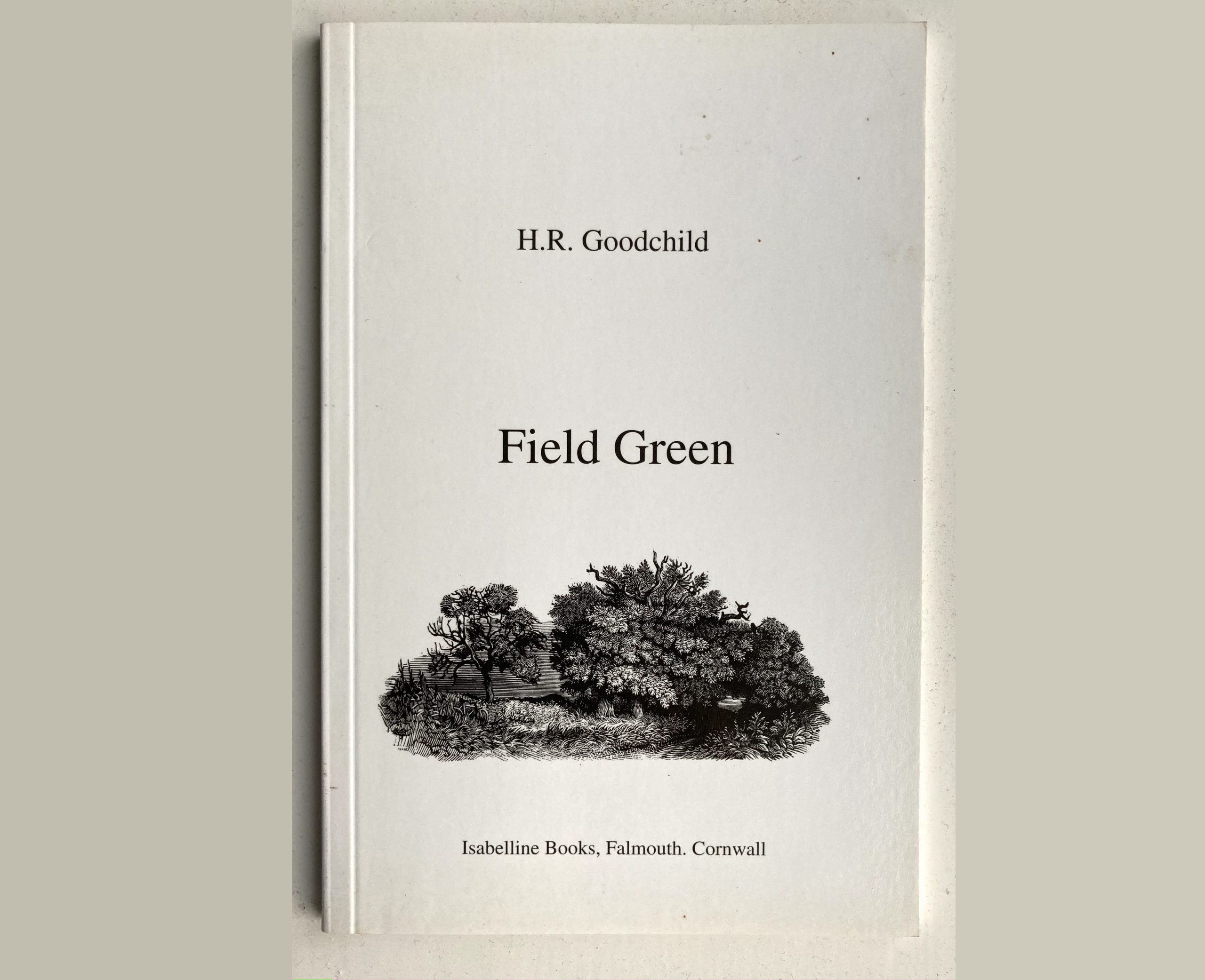Field Green: Book Review

It must be a memoir. A reader — or a fact-checker — could challenge any number of things, especially names, including the name of the author. But there can be no doubt about the authenticity of this person’s memory or the words in which it has been recorded. It is a visual memory, dominated by colour, written by an adult who remembers his own childhood, and invents narrator, a boy of perhaps about 12, to describe it. Maybe that makes it fiction, in the sense that a person with such a guileless sense of wonder about his own surroundings would never be able to write with such clarity or precision. And that opens questions about the fiction any one of us simply inhabits, simply because we must see, hear, touch the world through our own perception. Readers of Field Green, in glimpsing the boy-narrator’s perception of one real, specific place, in southwest England, inevitably compare his perception to what they suppose their own perception would be. The difference is literally wonderful, a gentle, clear insight into the way perception makes the world for all of us.


